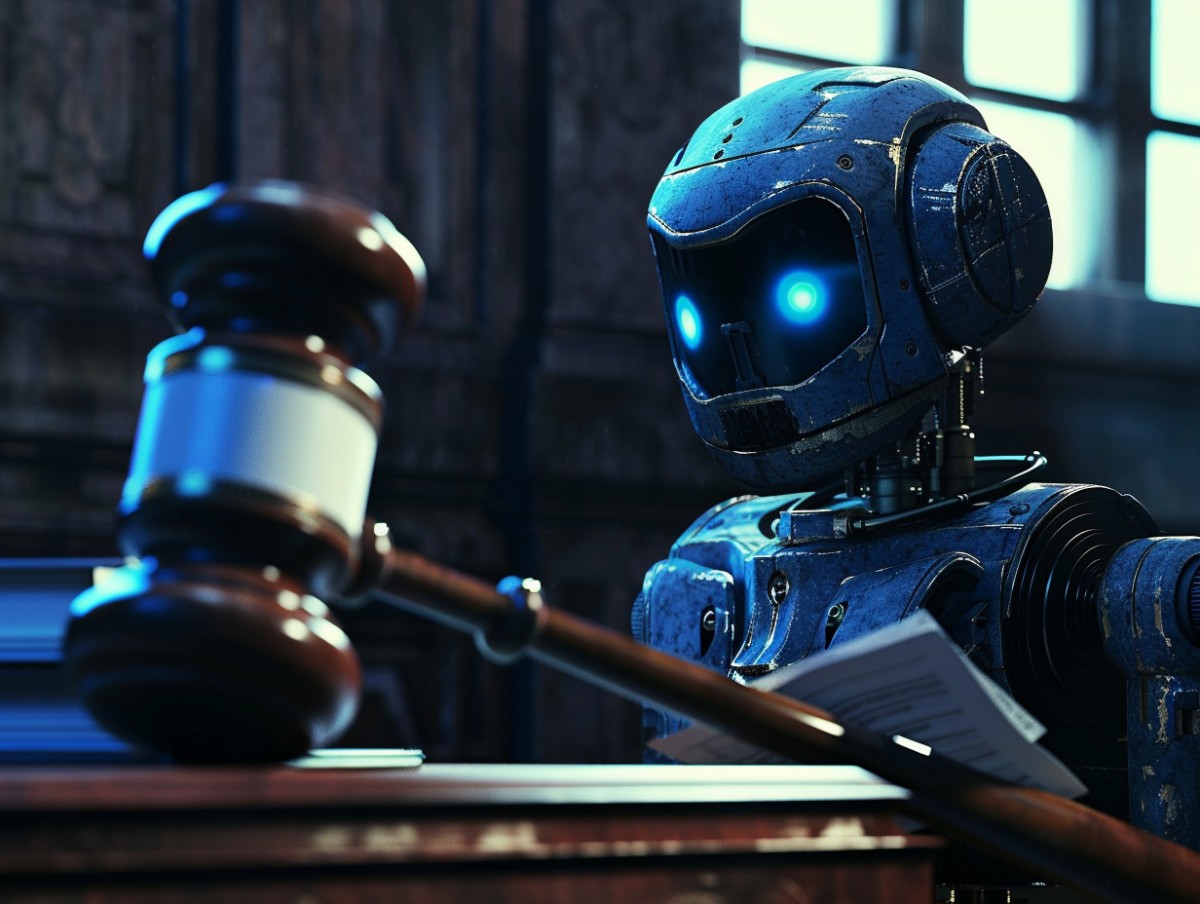OpenAI has claimed that the New York Times hacked ChatGPT to obtain misleading evidence to back its ongoing copyright lawsuit.
Both companies have been in a legal tussle since December 2023. The Times accused OpenAI and Microsoft, which owns 49% of the AI company, of using millions of the newspaper’s articles to train the AI chatbot without permission.
OpenAI Claims Misleading Evidence Created
On February 26th, OpenAI entered a new filing in Manhattan federal court, asking the federal judge to dismiss part of the copyright claims by the New York Times.
OpenAI alleged that the Times hired someone to hack ChatGPT into reproducing the newspaper’s material using “deceptive prompts” that blatantly violate the chatbot’s terms of use.
“The allegations in the Times’s complaint do not meet its famously rigorous journalistic standards,” OpenAI noted in the filing. “The truth, which will come out in the course of this case, is that the Times paid someone to hack OpenAI’s products.”
OpenAI further claimed that it took the Times “tens of thousands of attempts” to generate the results and that in normal situations, “one cannot use ChatGPT to serve up Times articles at will.”
Both companies had previously attempted to broker “a mutually beneficial value exchange,” but that effort failed, leading to the lawsuit. The Times reportedly damages “billions of dollars” in damages and also wants OpenAI to destroy ChatGPT’s training sets that contained their material, which is somewhat a hard pill to swallow for the AI company.
OpenAI is Embroiled in Lawsuits Over Unauthorised Use of Content
It’s worth noting that the New York Times is not the only entity that has sued OpenAI over copyright issues. In September, the Authors Guild, a prominent organisation representing writers in the United States, also sued to demand damages for what it calls “flagrant and harmful infringement” by OpenAI.
The Author Guild said OpenAI’s actions amount to “systematic theft on a mass scale,” and so wants “compensation for the “unpermitted use of the authors’ copyrighted works.”





